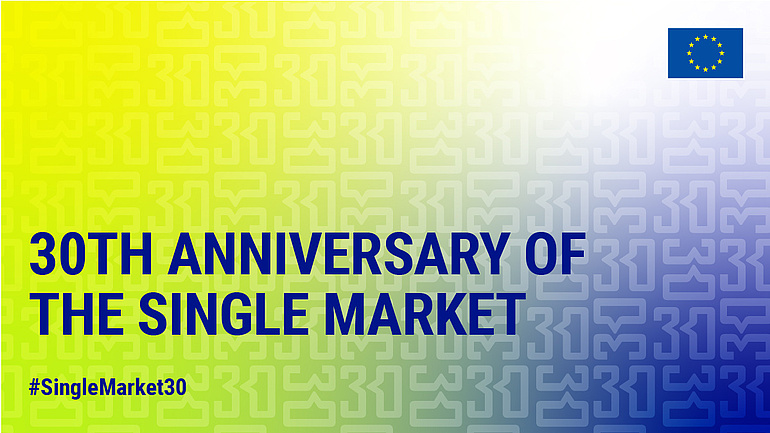EU Single Market: Chance and challenge for the Skilled Crafts
The EU internal market grants craft enterprises access to future markets and value chains. However, the administration of cross-border business activities remain too complex.

Foto: EU
The EU Single Market exists more than 30 years. It followed the signature of the Maastricht Treaty on 7 February 1992 by the EU member states, including Germany.
The EU Single market
- creates new opportunities for craft businesses, trainees and workers,
- creates common values and standards for the services and works of craftsmen and craftswomen,
- is designed for economic growth and resistance to crises,
- is intended to help the member states become more self-sufficient in the face of global challenges and the European fight against climate change,
- is becoming more important than ever for the competitiveness of EU Member States in the global world,
- should ensure the ease of doing business for craft enterprises and their employees, with little bureaucracy.
At European level, the Single Market idea must be revived and constantly developed from a business perspective.
The crafts network supports the EU Internal Market.
Craft businesses predominantly have a regional focus of activity. The larger the company, the greater the interest in other EU countries. Not only neighbouring German countries are in demand. The skilled crafts sector is diversifying its value chains. The facilitation of cross-border activities makes the internal market particularly attractive for smaller businesses.


